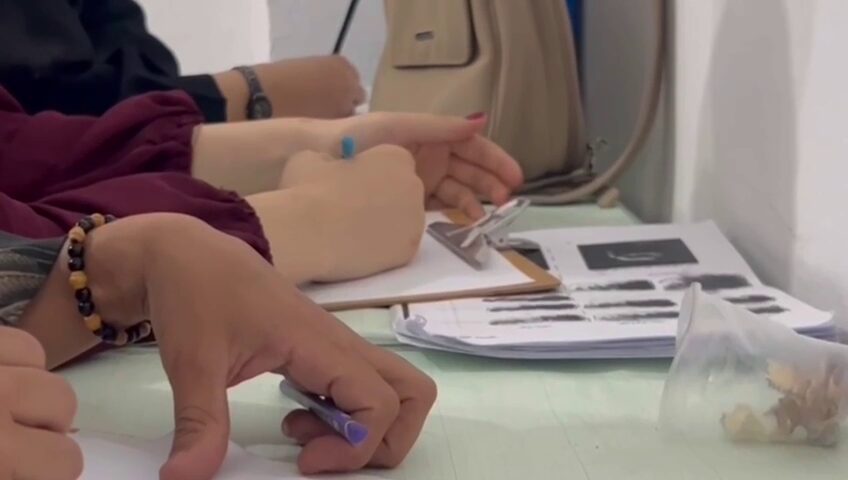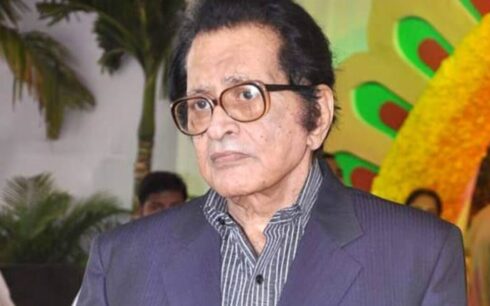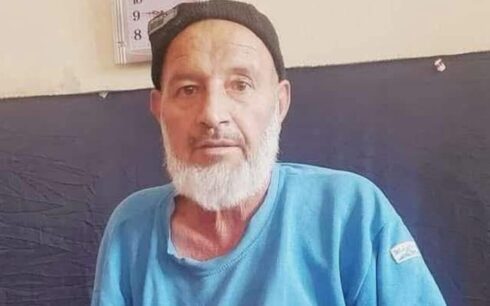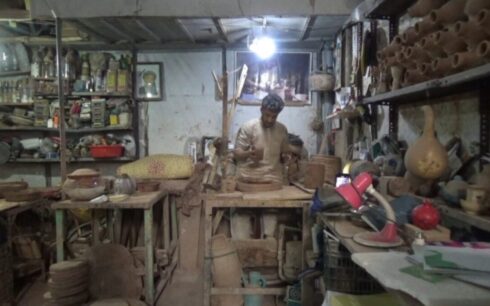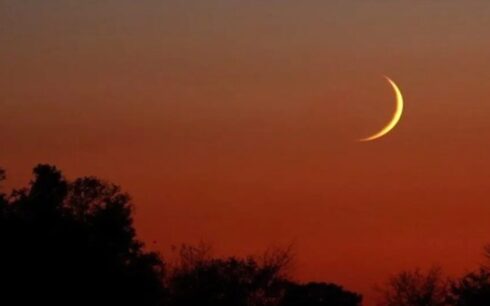KABUL, Afghanistan — As the world marks World Art Day on April 15 — a date designated by UNESCO to celebrate creativity, freedom of expression and cultural diversity — artists in Afghanistan are observing it in silence, under the weight of severe restrictions imposed by the Taliban.
Since the Taliban’s return to power in August 2021, artistic expression has been pushed to the margins. Art galleries have shuttered, musical instruments have fallen silent, theater performances have ceased, and women have been almost entirely excluded from creative spaces.
A life painted over
Zainab, a young woman from Farah Province and a former student at the Faculty of Fine Arts at Herat University, once taught painting to children and brought color to public walls with her murals. But since the Taliban takeover, her university has closed, galleries have been locked, and murals painted over.
“Today, not only is women’s presence in the arts forbidden, but even drawing human or animal figures is considered religiously prohibited,” she said in an interview. “Many educational and cultural institutions have shut down. Dozens of artists have been forced to leave the country because of political pressure, economic hardship and the absence of support.”
She added: “The biggest challenge artists face today is that the Taliban are actively trying to erase art. They’ve banned portraiture, closed galleries and cinemas, and dismantled cultural centers. Art is disappearing under repression and poverty.”
Systematic bans and cultural erasure
Since taking power, the Taliban have imposed sweeping restrictions on artistic expression. Drawing portraits, sculpting figures, performing plays, playing music and even writing poetry with lyrical rhythm have all been banned.
Musical instruments have been confiscated and publicly burned in multiple provinces, including Kabul, Herat, Helmand, Paktia and Badakhshan.
The Taliban’s Ministry for the Promotion of Virtue and Prevention of Vice has declared depictions of living beings forbidden, and the sale of statues or figurines of people or animals illegal and “un-Islamic.” These bans have been strictly enforced in provinces such as Kandahar, Takhar, Farah, Baghlan and Nimruz.
Books in the fields of art, literature, sociology, history and politics have also been banned. Some poems have been censored simply because of their style or cultural content.
Voices in exile
To mark World Art Day, the Bamdad Foundation — a literary collective in exile — issued a call to artists, writers and poets to speak out against the Taliban’s suppression of culture. The group urged the Afghan cultural diaspora not to remain silent.
Sumaya Ramesh, a poet living in exile, said that Afghan artists are facing one of the darkest chapters in the country’s cultural history.
“Afghanistan is going through the bleakest days imaginable,” she said in a statement. “And in this darkness, it is artists, poets and cultural figures who suffer the most. Unfortunately, Afghanistan is now a country where art itself is forbidden.”
In a statement commemorating World Art Day, UNESCO emphasized the vital role of art in promoting inclusive education, cultural development and social cohesion. “Art is a powerful tool for dialogue, social transformation and sustainable development,” the agency said.
World Art Day is celebrated annually on April 15 — the birthday of Leonardo da Vinci, the Italian Renaissance painter, inventor and symbol of creative innovation. But in Afghanistan, that same spirit of artistic expression is now being driven into silence.

